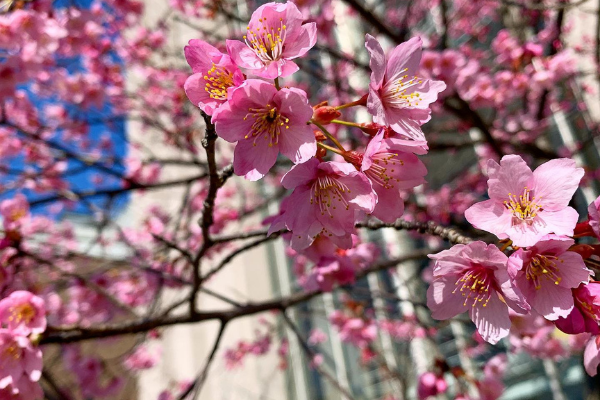About
Kyoto University is the second oldest university in Japan. The university is usually ranked among the top two in Japan and the world's top thirty institutions of higher education.
Kyoto University is comprised of three campuses - Yoshida, Uji and Katsura - and a number of research facilities located across Japan. The Yoshida campus hosts the majority of undergraduate academic and extra-curricular activities and is conveniently located 30 minutes away from Kyoto station.
Location
Kyoto is a city of rich cultural heritage with over 1,200 years of history. Many in Japan regard it as the country's spiritual wellspring and cultural heartland. This ancient cultural legacy coexists side by side with technological innovation and entrepreneurship; Kyoto is home to several major technology companies, including Nintendo, Kyocera, and Omron, as well as a broad range of modern cultural facilities, such as the Kyoto International Manga Museum.
Kyoto is smaller and less crowded than some of the other major cities in Japan, such as Tokyo and Osaka, making it relatively easy for newcomers to navigate and settle into.
Visit the Kyoto City Official Travel Guide.
Level of competitiveness
Very competitive ***
The level of competitiveness (Less competitive * / Competitive ** / Very competitive ***) refers to one's chances of being allocated an exchange space at this partner. This is an approximation determined by the number of applications received for this destination during the last academic year versus the total number of exchange spaces available to Queen Mary students.
Application process for successful students
Successful students who have been nominated by Queen Mary may find out more about how to apply.
Academic Calendar
Semester 1: from the end of September to the first week of February
Semester 2: from the first week of April to the first week of August.
Go to Important dates.
Courses
Courses available to KUINEP students span a broad range of disciplines, including environmental studies, physics, economics, politics, and social studies. Some of the subjects covered offer a fresh perspective on Japan, while others address topical global problems. Each course usually carries two university credits.
Beginning with spring 2020 enrollment, KUINEP students are required to take at least seven courses per semester. This may include up to two Japanese language classes (credited). Available courses include those in the liberal arts and sciences taught in English (KUINEP courses).
Visit their website for more details about the courses.
Credits
Students need to take 17-18 credits per semester.
Find out more about credit transfer and grade conversions.
Queen Mary student feedback
Blog posts on Queen Mary Global Bloggers:
- Shania in Japan (different host institution, but still relevant for host country)
Instagram takeovers:
Accommodation
There are three off-campus International Houses of Kyoto University and other dormitories offered for exchange students in different areas of Kyoto. However, they are not guaranteed and are subject to availability due to limited housing capacity. As of Fall 2022, 40% of the exchange students were allocated a dorm room on a lottery-basis.
Assistance is also provided by Kyoto University for exchange students who are either unsuccessful in the lottery process or who wish to stay in private accommodation. These students are advised to follow the partner’s guidance to complete their accommodation search safely. General guidance about searching for private accommodation safely is also available on the QMplus resource page, “Pre-departure” tab from early spring.
Cost of living
You can find general, up-to-date information about the cost of living in Kyoto here.
Please consult the estimated minimum and maximum cost of living figures for this destination country available in our “Estimated Costs of Living” document available on our Finance page.
Support Services
For information on accessibility, please visit Kyoto University's Student Support Center page.
As a current Queen Mary student you will be able to find a summary sheet for this partner university on our QMplus page, with an overview of the local student support services available on the following topics: specific learning differences, physical impairments, sensory impairments, long term medical conditions, autism spectrum conditions, mental health and wellbeing difficulties, special accommodation provision, non-emergency health care, emergency services, harassment and trauma and suicide prevention.


